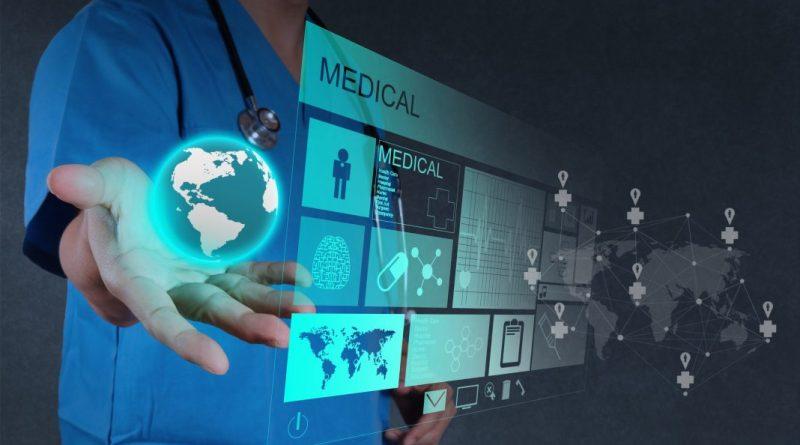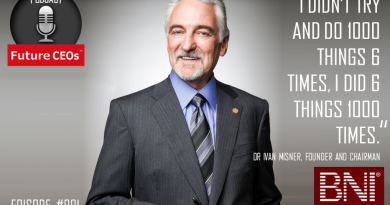Reshaping medical tourism with AI – by Anjali Raja
With approximately 5 billion worldwide tourist arrivals medical tourism and travel sectors are a significant and booming economy. However, Covid 19 caused a significant global slowdown, which caused it. People have been eager to travel for healthcare access ever since the idea of healthcare first emerged.
The concept of long distance travel for health reasons and marketing destinations for that purpose is undoubtedly nothing new, dating back to the spas of the ancient Sumerians, Greeks, and Romans as well as the purported healing qualities of alpine and seaside health resorts in early modern Europe. The low cost of treatment, specialization of medical agencies, hospitals, and medical personnel in the host countries, and recent growth in medical tourism
According to UNWTO statistics for 2020, it is important to investigate medical tourism packages, the types of customers who are drawn to purchasing them, and potential changes in the industry from pre-COVID to post-COVID periods. Recently, it has been important to comprehend the dynamics of this market and what drives individuals to buy or invest in these packages, especially in light of the technical advancements host nations make to enhance the promised services.
Traveling abroad for medical treatment is referred to as medical tourism. It is rising rapidly and becoming a global trend industry that earns billions of dollars and is a relatively small niche in the tourism sector.
Technology’s advent
IR 4.0 technologies will transform patients’ travel options and patterns, especially during the first checking and subsequent follow-up stages, which will promote the growth of health tourism. The importance of such a benefit increases for the elderly and anyone who might have mobility problems.
Over the past few years, investments in digitalized and connected health care have expanded, and the broad use of technology-enabled health care has made the concept of a “Smart Hospital” a reality. In recent years, there has been increased interest in the application of blockchain technology to improve the security and efficient use of health data within the medical tourism sector. The accessibility of IR 4.0 technologies also improves expert mobility online and increases how ready developing countries are to welcome its healthy tourists.
India experienced the most growth in the usage of AI during the pandemic, according to PwC. In India, pharmaceutical and healthcare firms used AI at a rate of 73%. In addition, 71% of medical professionals in Australia and New Zealand said AI will improve the practice of medicine. As a result, medical tourism providers can improve patient experiences, streamline operations, and guarantee the best possible treatment outcomes by utilizing AI technologies.
AI changes bring
In order to efficiently match patients with the best healthcare providers, AI algorithms can scan vast volumes of patient data, including medical history, genetic data, and diagnostic findings. AI can evaluate a patient’s particular needs, preferences, and treatment objectives using sophisticated machine learning algorithms, which results in the creation of personalized treatment programs.
In a similar vein, chatbots powered by AI offer round-the-clock assistance and promptly and accurately respond to patient inquiries. AI is also capable of predictive analysis. Healthcare data can be used by medical tourism companies to spot trends and foretell dangers.
By allowing remote access to the services, AI significantly facilitated telemedicine. AI systems are able to identify potential issues early on and trigger the proper actions.
Healthcare professionals and patients alike stand to gain greatly from AI’s potential to improve the medical tourism industry. Enhancing patient experiences, increasing operational effectiveness, and maximizing treatment outcomes are all benefits of integrating AI technologies, from individualized treatment plans to AI-driven chatbots and telemedicine solutions. SOURCE: https://indiaai.gov.in by Anjali Raja K, Content & Research Associate, Anjali is a firm believer in the developmental power of AI and its capacity to redefine the technological advancement of the world.




